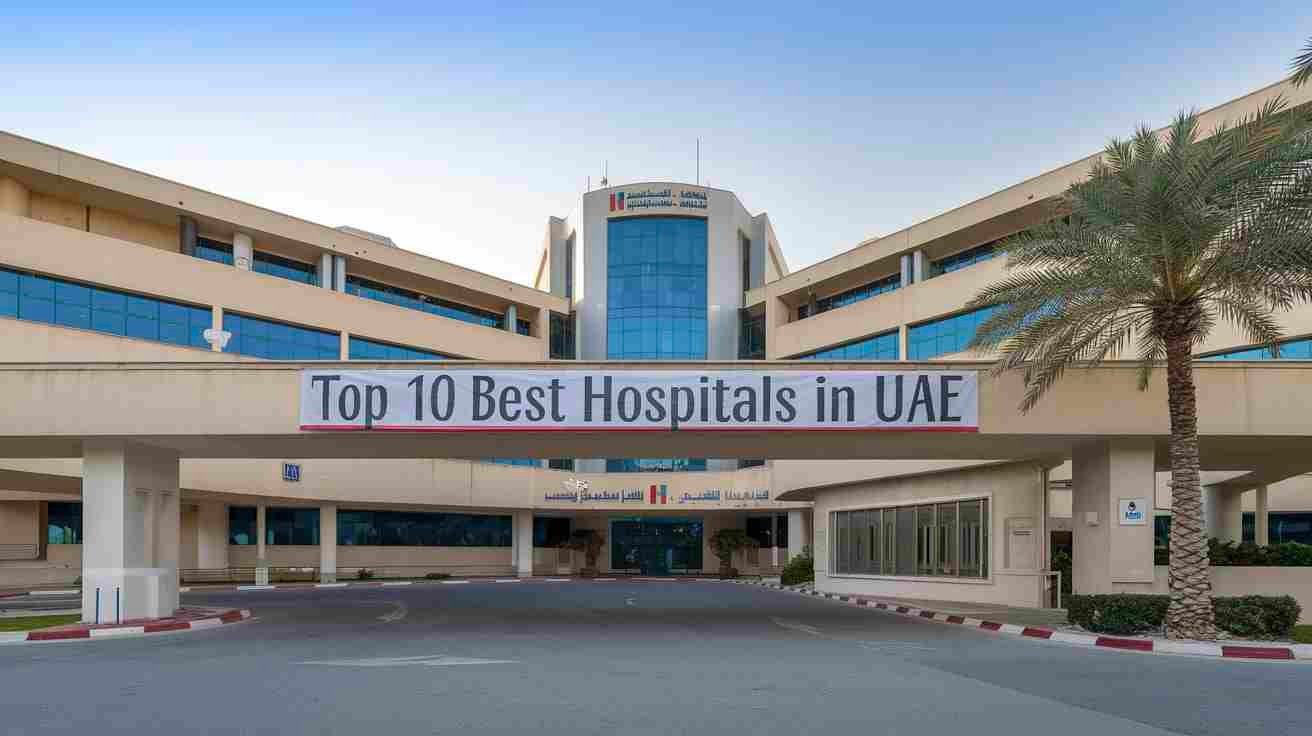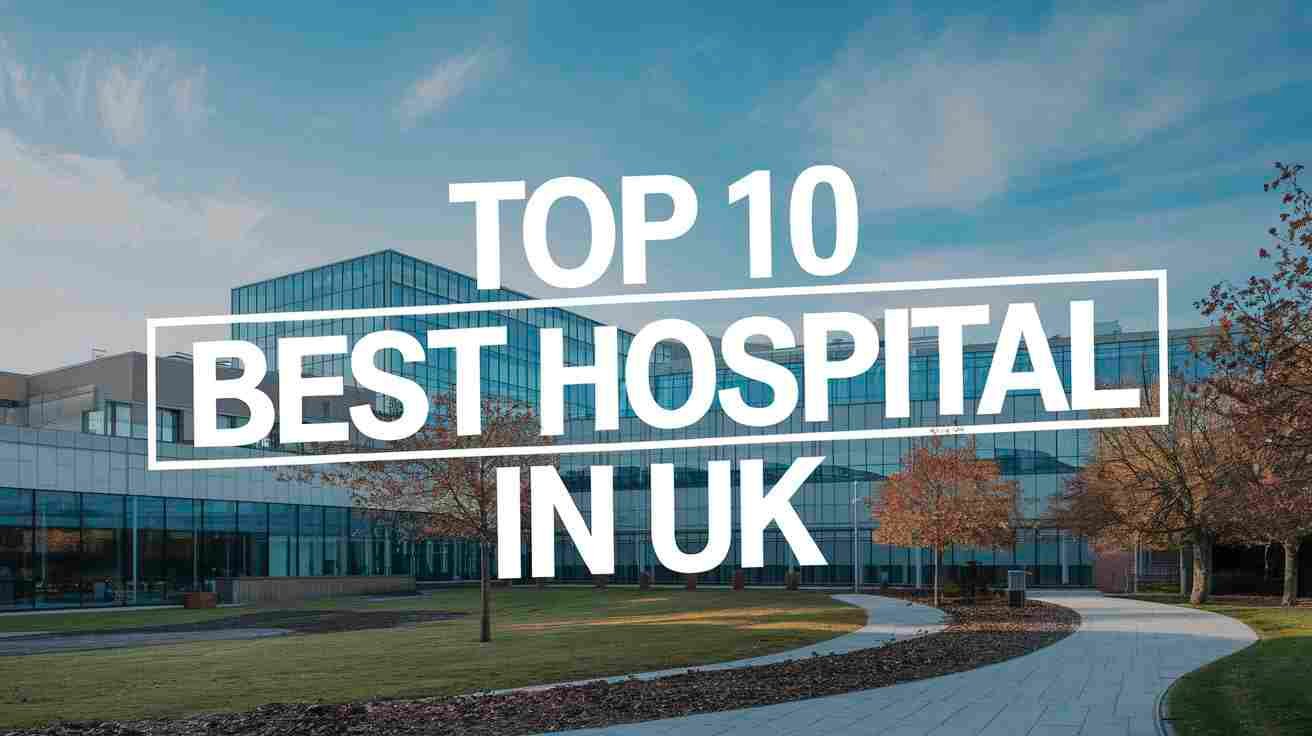Historical Context of the Affordable Care Act
Why Was the ACA Introduced?
Before the ACA, the American healthcare system faced numerous challenges:
- Over 50 million Americans were uninsured.
- Rising healthcare costs placed financial strain on families, employers, and government programs.
- Hospitals bore the financial burden of uncompensated care for uninsured patients.
The ACA aimed to address these issues by increasing insurance coverage, improving care delivery, and incentivizing cost-effective practices.
Key Provisions of the ACA
The ACA introduced several provisions that directly affected hospitals:
- Expansion of Medicaid: States could expand Medicaid eligibility, increasing coverage for low-income individuals.
- Insurance Marketplaces: The creation of state and federal marketplaces allowed individuals to purchase affordable insurance plans.
- Individual Mandate: The law required most Americans to have health insurance or face penalties (later repealed in 2019).
- Value-Based Payment Models: Hospitals were incentivized to improve quality and reduce costs through programs like the Hospital Readmissions Reduction Program (HRRP) and the Hospital Value-Based Purchasing (VBP) Program.
The ACA’s Positive Impact on American Hospitals
Reduction in Uncompensated Care
One of the ACA’s most immediate effects was a decline in uncompensated care costs.
- Before the ACA: Hospitals often provided free or discounted care to uninsured patients, straining their budgets.
- After the ACA: Increased insurance coverage reduced the number of uninsured patients, easing hospitals’ financial burden.
A study by the Kaiser Family Foundation found that uncompensated care costs fell by $28 billion between 2013 and 2017, particularly in states that expanded Medicaid.
Improved Financial Stability
Hospitals, especially those in low-income and rural areas, experienced greater financial stability under the ACA.
- Medicaid Expansion: In states that expanded Medicaid, hospitals saw a rise in insured patients, leading to increased revenue.
- Insurance Marketplaces: Access to affordable insurance plans brought more paying patients to hospitals.
Emphasis on Quality Care
The ACA shifted the focus from quantity to quality in healthcare delivery.
- Hospital Readmissions Reduction Program (HRRP): Hospitals faced financial penalties for high readmission rates, encouraging them to improve post-discharge care.
- Hospital Value-Based Purchasing (VBP) Program: This program linked Medicare payments to performance on quality measures, incentivizing hospitals to enhance patient care and satisfaction.
Innovation in Care Delivery
The ACA encouraged hospitals to adopt innovative care models, such as:
- Accountable Care Organizations (ACOs): Groups of providers worked collaboratively to improve care quality while reducing costs.
- Patient-Centered Medical Homes (PCMHs): These models emphasized coordinated, comprehensive care tailored to patients’ needs.
Challenges Faced by Hospitals Under the ACA
Financial Pressures
While the ACA provided benefits, it also imposed financial challenges:
- Medicare Cuts: To fund the ACA, Medicare payments to hospitals were reduced by $260 billion over ten years.
- Penalties for Non-Compliance: Hospitals failing to meet ACA quality standards faced financial penalties, further straining resources.
Uneven Impact of Medicaid Expansion
The ACA’s Medicaid expansion was optional for states, leading to disparities:
- Expanded States: Hospitals in states that expanded Medicaid saw increased revenue and reduced uncompensated care.
- Non-Expanded States: Hospitals in states that opted out faced continued financial struggles due to high numbers of uninsured patients.
Administrative Burdens
The ACA introduced new reporting requirements for hospitals, increasing administrative workloads.
- Data Reporting: Hospitals had to track and report performance metrics related to quality, readmissions, and patient satisfaction.
- Compliance Costs: Investing in technology and staff to meet ACA standards added to hospitals’ operational expenses.
Long-Term Implications of the ACA on Hospitals
Shift Toward Preventive Care
The ACA emphasized preventive care, encouraging hospitals to focus on early intervention and chronic disease management.
- Screening and Wellness Programs: Hospitals expanded services like cancer screenings and diabetes management programs to prevent costly complications.
- Community Health Initiatives: Many hospitals partnered with local organizations to address social determinants of health, such as housing and nutrition.
Integration of Technology
The ACA accelerated the adoption of health information technology (HIT) in hospitals.
- Electronic Health Records (EHRs): Hospitals invested in EHR systems to improve care coordination and meet ACA requirements.
- Telehealth Expansion: The ACA paved the way for telehealth services, allowing hospitals to reach underserved populations.
Addressing Health Disparities
The ACA contributed to narrowing health disparities by increasing access to care for historically underserved groups.
- Impact on Minorities: Insurance coverage rates improved significantly among African Americans, Hispanics, and other minority groups.
- Rural Healthcare: Medicaid expansion improved access to care for rural populations, though challenges persist in non-expanded states.
The ACA’s Role During the COVID-19 Pandemic
The ACA’s provisions played a critical role in helping hospitals manage the COVID-19 pandemic:
- Medicaid and Marketplace Coverage: Millions who lost employer-sponsored insurance during the pandemic could access coverage through Medicaid or ACA marketplaces.
- Preparedness Funding: ACA reforms supported hospitals in building infrastructure and capacity to handle public health crises.
However, the pandemic also highlighted gaps in the healthcare system, including disparities in care and financial vulnerabilities among hospitals.
The Debate Over the ACA’s Future
Support for the ACA
Proponents argue that the ACA has expanded access to care, improved quality, and slowed the growth of healthcare costs. Hospitals, in particular, benefit from the reduced financial burden of uninsured patients and incentives for innovation.
Criticisms of the ACA
Critics contend that the ACA has increased regulatory burdens, reduced provider autonomy, and led to higher premiums for some individuals. Hospitals have also voiced concerns about Medicare payment cuts and the administrative complexity of compliance.
The Role of Policymakers
The future of the ACA remains a topic of political debate. Efforts to repeal or replace the ACA have faced significant opposition, while calls to strengthen and expand the law continue. Hospitals advocate for stability and clarity in healthcare policy to plan effectively for the future.
Here’s additional content to further enhance your article on “Understanding the Impact of the Affordable Care Act on American Hospitals.” You can use this material to elaborate on specific sections or add new dimensions to the discussion.
The Role of Subsidies in Expanding Coverage
Subsidies offered through the ACA were instrumental in making insurance coverage more affordable:
- Premium Tax Credits: Provided financial assistance to low- and middle-income individuals to purchase insurance on ACA marketplaces.
- Cost-Sharing Reductions: Lowered out-of-pocket costs for individuals with incomes between 100% and 250% of the federal poverty level.
Hospitals benefited as subsidies reduced the number of uninsured patients, leading to more predictable revenue streams.
The ACA’s Impact on Specialty Hospitals
Impact on Academic Medical Centers (AMCs)
Academic medical centers, which serve as hubs for research and specialized care, saw both benefits and challenges:
- Positive Impacts: The ACA’s focus on quality and innovation aligned with AMCs’ missions, encouraging investments in cutting-edge treatments and technology.
- Challenges: Reductions in Medicare Disproportionate Share Hospital (DSH) payments affected AMCs that traditionally cared for a high proportion of uninsured or underinsured patients.
Pediatric Hospitals
Pediatric hospitals benefited from expanded Medicaid coverage for children, improving access to preventive and specialized care for younger patients.
Behavioral Health Under the ACA
The ACA designated mental health and substance use treatment as essential health benefits, requiring insurers to cover these services. This change impacted hospitals in several ways:
- Increased Demand: Hospitals saw a rise in patients seeking mental health and addiction treatment.
- Integration with Primary Care: Many hospitals adopted integrated care models, combining physical and behavioral health services.
- Challenges: A shortage of behavioral health professionals strained hospitals trying to meet increased demand.
Innovations in Patient Care Models
Bundled Payments
The ACA introduced bundled payment models, where hospitals and providers receive a single payment for an entire episode of care.
- Example: The Bundled Payments for Care Improvement (BPCI) initiative encouraged hospitals to coordinate care more effectively, reducing costs and improving outcomes.
- Impact on Hospitals: Bundled payments incentivized hospitals to streamline processes and focus on patient recovery.
Transitional Care Programs
The ACA encouraged hospitals to implement transitional care programs to reduce readmissions.
- Patient Navigators: Hospitals employed navigators to guide patients through the healthcare system, ensuring continuity of care after discharge.
- Follow-Up Care: Increased emphasis on follow-up visits and telehealth consultations improved patient outcomes and compliance.
Workforce Implications
The Need for Skilled Professionals
The ACA’s focus on care quality and efficiency required hospitals to invest in workforce training:
- Data Analytics Specialists: Hospitals hired data scientists and analysts to track performance metrics and improve decision-making.
- Care Coordinators: New roles, such as care coordinators and patient advocates, emerged to ensure seamless patient experiences.
Impact on Nursing Staff
The ACA emphasized team-based care, increasing the demand for nurse practitioners (NPs) and advanced practice registered nurses (APRNs) to fill gaps in primary care.
Challenges for Rural Hospitals
Financial Struggles
Rural hospitals faced unique challenges under the ACA:
- Non-Expansion States: In states that did not expand Medicaid, rural hospitals continued to struggle with uncompensated care.
- Low Patient Volumes: Small patient populations limited the financial benefits of ACA programs, such as value-based purchasing.
Strategies for Adaptation
Many rural hospitals partnered with larger health systems or adopted telehealth services to remain financially viable.
Addressing Health Equity
Reducing Racial and Ethnic Disparities
The ACA made strides in reducing health disparities by expanding access to care for minority populations:
- Impact on African Americans and Hispanics: Insurance coverage rates for these groups increased significantly, narrowing the gap in healthcare access.
- Targeted Initiatives: Hospitals launched outreach programs to engage underserved communities and address social determinants of health.
Women’s Health Services
The ACA mandated coverage for maternity care and preventive services, benefiting hospitals by increasing demand for obstetric and gynecological services.
The Role of Community Hospitals
Community hospitals played a crucial role in implementing ACA reforms:
- Local Access: These hospitals served as the primary healthcare providers for many low-income and rural communities.
- Partnerships with Public Programs: Collaborations with Medicaid and community health organizations improved access and quality of care.
Technological Advancements Encouraged by the ACA
Expansion of Telemedicine
The ACA paved the way for telemedicine adoption by expanding Medicaid reimbursement for telehealth services. Hospitals used telemedicine to:
- Improve Access: Reach patients in remote areas.
- Enhance Specialty Care: Provide virtual consultations with specialists.
Big Data and Predictive Analytics
Hospitals leveraged data analytics to improve care delivery under ACA programs:
- Predictive Models: Used to identify high-risk patients and intervene early.
- Performance Tracking: Helped hospitals meet ACA quality metrics and avoid penalties.
Political and Economic Impacts
Legal Challenges to the ACA
The ACA faced numerous legal challenges, including a Supreme Court decision in 2012 that made Medicaid expansion optional. These challenges created uncertainty for hospitals, complicating long-term planning.
Economic Impact on the Healthcare Sector
The ACA stimulated economic growth in healthcare by increasing demand for services and creating jobs in the insurance, technology, and healthcare sectors.
The ACA and the Rise of Population Health Management
What Is Population Health Management?
Population health management involves improving health outcomes for groups of people by addressing medical, social, and behavioral factors. The ACA incentivized hospitals to adopt this approach to reduce overall healthcare costs and improve community health.
Hospital Strategies for Population Health
- Data-Driven Interventions: Hospitals analyzed demographic and clinical data to identify at-risk populations and implement targeted programs.
- Community Engagement: Partnerships with schools, non-profits, and local governments helped address social determinants of health, such as housing, food insecurity, and education.
- Preventive Care Expansion: Hospitals increased screenings, immunizations, and wellness programs to reduce the burden of chronic diseases.
Financial Incentives and Penalties: A Double-Edged Sword
Rewards for Success
Hospitals that successfully improved quality metrics under ACA programs benefited from financial incentives:
- Performance Bonuses: Medicare’s Value-Based Purchasing (VBP) Program rewarded hospitals for high-quality care and patient satisfaction.
- Shared Savings: Accountable Care Organizations (ACOs) allowed hospitals to share in cost savings achieved through efficient care delivery.
Penalties for Underperformance
Hospitals that failed to meet ACA standards faced financial penalties:
- Readmission Penalties: High readmission rates led to reduced Medicare reimbursements under the Hospital Readmissions Reduction Program (HRRP).
- Quality-Related Cuts: Poor performance on quality metrics under VBP programs resulted in payment reductions.
Balancing the Two
While these programs drove improvements, some hospitals—especially those serving low-income or high-risk populations—struggled to achieve compliance due to limited resources or patient demographics.
Emergency Care and the ACA
Reduced Burden on Emergency Departments
Before the ACA, emergency departments (EDs) often acted as the safety net for uninsured patients. With expanded coverage:
- Decrease in Non-Urgent Visits: Many patients shifted to primary care providers for routine care, easing the strain on EDs.
- Focus on True Emergencies: Hospitals could better allocate ED resources to handle critical cases.
Challenges for Hospitals
Despite the reduction in uninsured ED visits, hospitals faced challenges:
- Medicaid Reimbursement Rates: Medicaid expansion brought more insured patients to EDs, but reimbursement rates often failed to cover the full cost of care.
- Capacity Issues: In some regions, increased demand for services strained hospital resources, leading to longer wait times.
Patient Advocacy and Hospital Transparency
Empowering Patients
The ACA empowered patients by increasing transparency in hospital operations:
- Public Reporting of Metrics: Hospitals had to report quality metrics, such as infection rates, readmission rates, and patient satisfaction scores.
- Informed Decision-Making: Patients could compare hospitals through online tools like Medicare’s Hospital Compare.
Impact on Hospitals
- Reputation Management: Hospitals focused on improving public perceptions through better service quality and community engagement.
- Competitive Pressure: Transparency created a competitive environment, motivating hospitals to continually improve.
Conclusion
The Affordable Care Act has been a transformative force in the American healthcare system, reshaping how hospitals operate and deliver care. Its focus on expanding access, improving quality, and controlling costs has yielded significant benefits, including reduced uncompensated care, greater emphasis on preventive services, and innovative care models.
However, challenges remain, including financial pressures, disparities between states, and the ongoing need to address administrative burdens. Moving forward, policymakers, healthcare providers, and stakeholders must collaborate to strengthen and refine the ACA, ensuring that American hospitals can continue to adapt and thrive in an evolving healthcare landscape.










